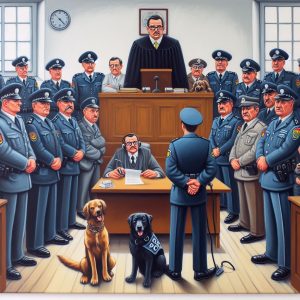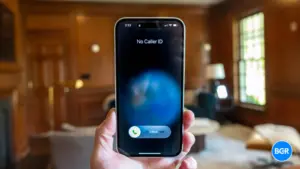How to Answer Questions During a Traffic Stop
When you see those flashing lights behind you, a surge of emotions can overwhelm you—anger, fear, frustration. However, how you respond in that moment is critical not only for your safety but also for the outcome of the interaction. This guide will walk you through the essential steps to handle questions during a traffic stop with composure and confidence.
Responding to the Flashing Lights
Pull over safely When those red and blue lights appear in your rearview mirror, it’s crucial to acknowledge them promptly. Signal your intention to pull over and do so safely, moving to the right-hand side of the road without sudden maneuvers.
Turn off the car and follow instructions As you come to a stop, switch off your engine, turn on the interior light, and keep your hands visible on the steering wheel. This simple act helps to alleviate any apprehension the approaching officer may have about their safety.
Providing Documents
Presenting license and other documents When the officer approaches, they may request your license, registration, and proof of insurance. Politely inform them of the location of these documents before retrieving them slowly, following the officer’s instructions.
Speaking with the Police
Maintaining respect and calmness Regardless of your emotions, it’s vital to remain respectful and composed during the interaction. Avoid any actions or words that could escalate the situation unnecessarily.
Letting the officer lead the conversation Allow the officer to initiate the dialogue. Answer questions succinctly and avoid providing unnecessary information. Remember, you have the right to remain silent.
Handling Questions
Providing short, noncommittal answers When questioned by the officer, it’s best to keep your responses brief and neutral. Avoid engaging in arguments or debates, as they can prolong the stop unnecessarily.
Knowing your rights to remain silent You are under no obligation to answer questions beyond providing necessary documentation. Exercise your right to remain silent if you feel uncomfortable or unsure about the situation.
Understanding Your Rights
Knowing when to refuse a search You have the right to refuse consent for a search if requested by the officer. However, be aware that certain circumstances, such as probable cause, may allow them to conduct a search without your consent.
Rights regarding recording the stop You are permitted to record or film the traffic stop, but ensure you do not interfere with the officer’s duties. Maintain a respectful distance and refrain from obstructing their view or actions.
Asking to leave if detained excessively If the traffic stop extends beyond a reasonable duration without explanation, you have the right to inquire about the cause for the delay or request permission to leave.
Identifying Yourself as a Concealed Carry Permit Holder
Steps to follow if armed during a traffic stop If you possess a concealed carry permit and are armed, it’s crucial to inform the officer calmly and clearly without making sudden movements.
Notifying the officer calmly Upon the officer’s approach, politely disclose your permit and the presence of a concealed weapon. Avoid any gestures or statements that could be misinterpreted as threatening.
Following officer’s instructions diligently Once you’ve informed the officer of your permit and weapon, await their instructions patiently. Cooperate fully with any directives provided, ensuring your actions contribute to a safe and smooth resolution of the stop.
Conclusion
Navigating a traffic stop can be a nerve-wracking experience, but by understanding your rights and following these guidelines, you can ensure a safer and more respectful interaction with law enforcement.
FAQs:
Can I argue with the police officer during a traffic stop?
It’s best to avoid arguments or debates during a traffic stop as they can prolong the interaction and potentially escalate the situation. Remain calm and respectful.
What should I do if I feel my rights have been violated during a traffic stop?
If you believe your rights have been violated, you can seek legal counsel to explore your options. It’s essential to document any pertinent details of the encounter.
Am I required to consent to a search of my vehicle during a traffic stop?
You have the right to refuse consent for a search unless the officer has probable cause or a valid warrant. However, refusing consent does not guarantee immunity from a search under certain circumstances.
Can I film a traffic stop without permission from the officer?
While you are allowed to record a traffic stop, it’s essential to do so without interfering with the officer’s duties. Maintain a respectful distance and avoid obstructing their actions.
Should I inform the officer if I have a concealed carry permit and a weapon?
If you are armed and possess a concealed carry permit, it’s advisable to inform the officer calmly and clearly to prevent any misunderstandings or potential escalation of the situation.







